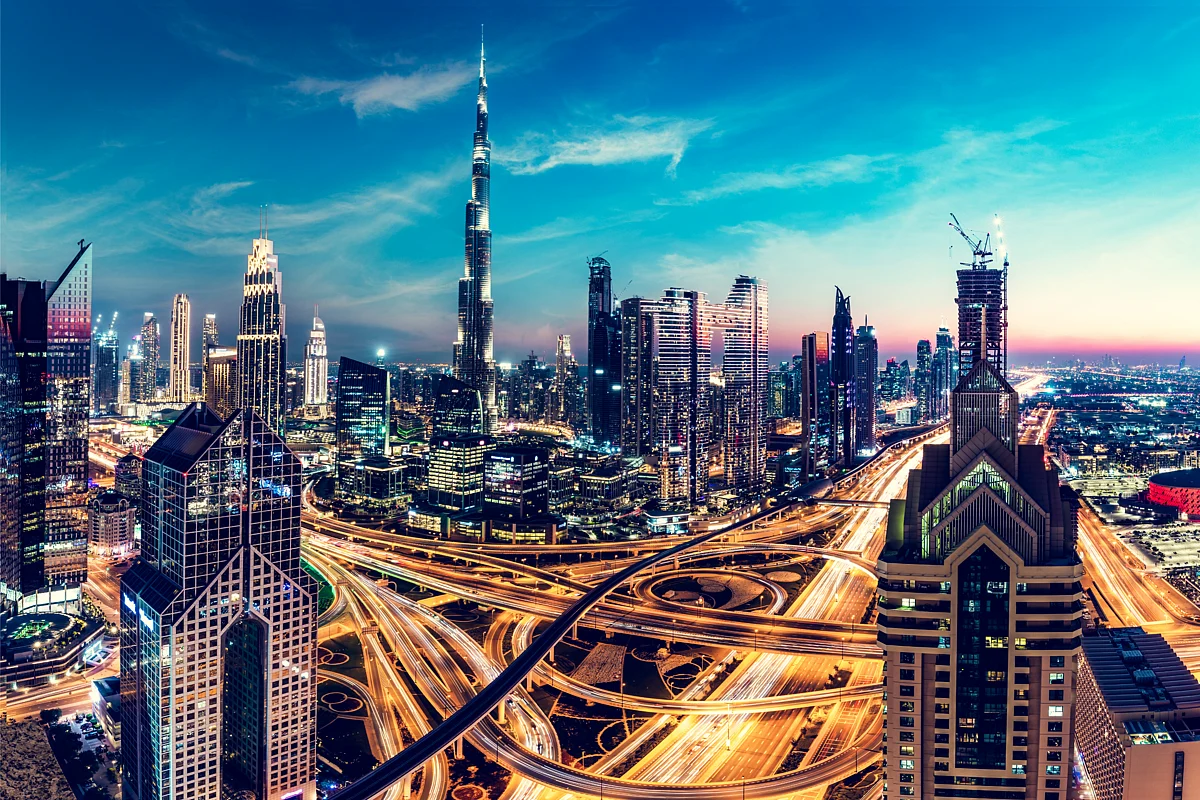
How UAE Leads Globally In Skill Development And Labour Competitiveness
In a world where adaptability, innovation and human capital are the primary drivers of economic progress, the UAE has established itself as a global leader in skill development and workforce competitiveness.
Marking a significant milestone, the UAE recently secured the top global ranking in 10 key labour market and employment indicators, according to the 2025 edition of the World Competitiveness Yearbook, published by the IMD World Competitiveness Center. This recognition is not merely a ranking, but also a testament to the country's long-term commitment to building an economy where talent is not just welcomed, but continuously empowered. It reflects a broader, long-term strategy driven by economic diversification, proactive policymaking, and sustained investment in people.
Recommended For YouOver the past two decades, the UAE has undergone a quiet but powerful transformation. Once heavily reliant on oil revenues, the country has steadily diversified its economy, with non-oil sectors now accounting for a significant share of the GDP. However, diversification alone is not enough. This economic shift has been supported by a series of targeted reforms aimed at enhancing labour market flexibility and responsiveness. As a result, key indicators, including employment rates, workforce expansion, and labour market competitiveness have consistently improved, reflecting a system built to adapt swiftly to evolving economic demands.
Recognising the dynamic nature of the global economy, the UAE revised its labour laws to make the workforce more agile and future-ready. The 2022 UAE Labour Law marked a turning point, legalising part-time work, temporary projects, remote work, and job-sharing models, offering the kind of flexibility demanded by today's workers and businesses alike. The introduction of flexible work models and a variety of work permit categories, including task-based and freelance permits, has granted both employers and employees greater freedom to adjust working hours and locations to suit evolving needs.
Moreover, visa reforms, particularly the Golden and Green Visas, have extended opportunities for skilled professionals to build long-term careers in the country, further reinforcing the UAE's appeal as a global talent hub.
The UAE's reforms are not only aimed at fulfilling the country's ambitions, but also at striking a careful balance. As new work models were introduced, the government also implemented protective measures for workers. While the national unemployment insurance scheme offers short-term income support during job transitions, enhanced end-of-service benefits and upcoming universal health coverage seek to provide long-term security. Such approaches represent a forward-thinking model where economic competitiveness does not come at the expense of worker wellbeing.
This combination of adaptability and protection has created a dynamic yet stable labour environment, where companies can align talent with opportunity, and individuals can pursue secure careers.
A key strength of the UAE's strategy lies in its understanding that skill development extends far beyond traditional classroom settings. Forward-thinking policies have integrated artificial intelligence, coding and digital literacy into early education curricula, while vocational training and continuous upskilling programmes are actively shaping the capabilities of the current workforce.
Institutions like the Mohamed bin Zayed University of Artificial Intelligence, alongside expanding vocational training centres, are helping cultivate a specialised and flexible talent pool. These efforts not only meet immediate job requirements, but also create a self-sustaining ecosystem where skills are continuously aligned with market needs.
With world-class infrastructure, safety, international connectivity, and a dynamic business environment, the UAE has long been attractive to international talent. What has changed is an increasing emphasis on retention. The realisation that sustainable growth depends not just on attracting talent, but also on nurturing and retaining it, is shaping policy making and workplace culture alike.
The UAE's rise in global labour market rankings is a clear indication that the country is not just adapting to change but is actively shaping it. At Centena Group, we believe that with continued investment in innovation, sustainability and skills development, the country is well-positioned to maintain its status as a global leader in workforce competitiveness for years to come.

Legal Disclaimer:
MENAFN provides the
information “as is” without warranty of any kind. We do not accept
any responsibility or liability for the accuracy, content, images,
videos, licenses, completeness, legality, or reliability of the information
contained in this article. If you have any complaints or copyright
issues related to this article, kindly contact the provider above.


















Comments
No comment